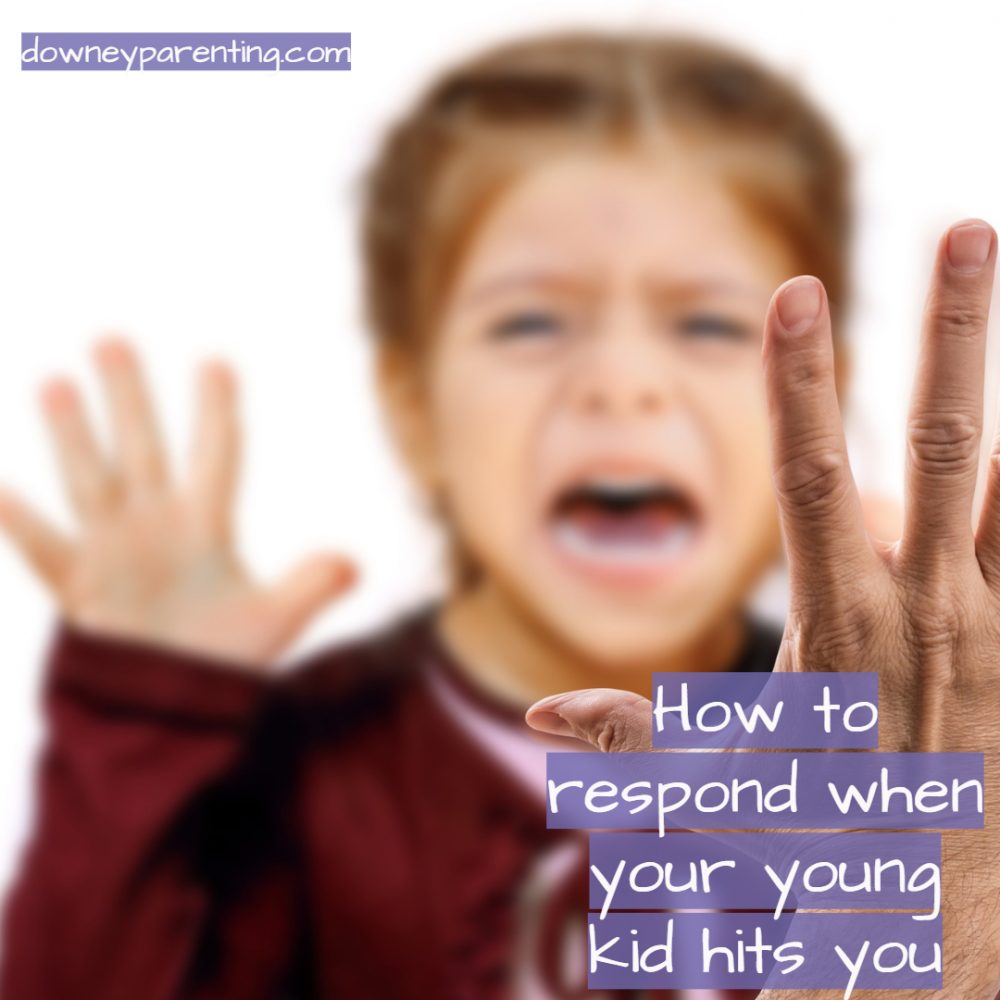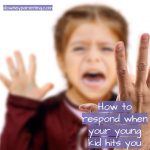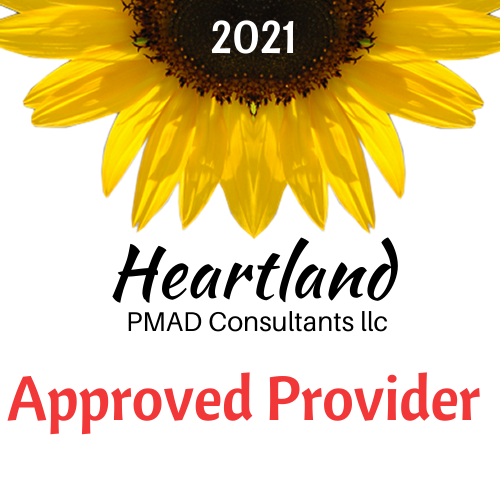
She slapped me.
We had just spent the day on the lake. Splashing and laughing in the sun. I asked her to come with me to our cabin to take a bath before dinner and she responded by slapping me. That’s right, MY preschooler slapped ME, the parent coach…in front of several extended family members.
As soon as she struck me I heard the gasps before I saw several of my extended family member’s mouths gape open. And without thinking I acted. Since I have practiced how to respond in these moments I was able to act quickly. I gently grabbed her hand and said “I know, you’ve had a long, fun day. You’re not ready for a bath. I won’t let you hit me. Would you like to skip to our cabin or race?”
And suddenly we were racing to the cabin, laughing hysterically. She took a bath without any further struggles. The rest of our night was calm and gentle. A wonderful way to end a weekend at the lake.
Choosing Your Response
As a kid, I loved the Choose your Own Adventure style books. The ones where you would get to decide what happened next in the story. I remember checking them out from my school library repeatedly. There was something wonderful about having the power to choose the narrative to a story. But it is so much easier to decide the next action in a story than in real life.
Between stimulus and response there is a space. In that space is our power to choose our response. In our response lies our growth and our freedom.
-Victor Frankl
There are so many other alternative ways I could have handled my preschooler slapping me. In fact, I used to handle it very differently. And there are still days when I’m not my best self and do handle it differently.
But I work really hard to choose to respond calmly and not react. It takes a lot of practice to respond calmly in heated situations. In fact, sometimes I practice saying phrases out loud in the shower or when I’m alone in the car. It felt awkward at first, but I know the power of practice and repetition. And the more comfortable I can become with a phrase, the more apt I am going to say it in the heat of the moment.
I now have a few ‘go-to’ phrases that I say regularly. And since I practice them, they are comfortable automatic reactions (most of the time).
- “I hear you. You’re mad/sad/frustrated/etc.“
- “I see you’re not happy that ______“
- “I will not let you hurt me.”
Teaching Children How to Respond
My preschooler didn’t slap me to be defiant or disrespectful. The action had nothing to do with the bath. She wasn’t refusing to get clean. If I focused on those concerns, the situation would have escalated.
It was not the moment to “teach a lesson” about respect. The slap was not a personal attack towards me (although sometimes it feels like it!). More than likely, it had nothing to do with me. Instead, the slap was a way to tell me that my preschooler had an unfulfilled need. She was exhausted, probably overstimulated, and hungry. And she reacted.
If I want her to respond instead of reacting, I have to show her how to respond differently. If I want to teach her calm, I have to be calm myself.
Also, if I want her to respond differently, I have to coach her how to do so, when she is calmer. I have to give her the opportunity to practice, just like I have to practice too. The “lesson” can occur after the fact.
That night at the lake, after bath, we talked about what to do differently next time. And she practiced what to say or do instead of slapping.
- “I don’t want to.”
- “I’m hungry.”
- “Ugh, I’m feeling MAD!”
Again, the key here is that we didn’t just talk about it. We practiced. She pretended to be Mom and I pretended to be the daughter. I showed her what to say or do and then we switched roles. Kids learn best through play, so acting out the scenario helps immensely.
How to Regain Calm
In my family, we value growth. In order to grow, we have to try new things or, in this instance, new ways to approach situations. And we give ourselves grace as we try to learn new ways.
This means there will be times that I make a mistake. Instead of choosing to respond calmly, I react. This may be through raising my voice, interrupting or talking over my child, or pretty much having an adult tantrum (because let’s face it, adults have tantrums too).
In these moments, it’s important that I remember to give myself grace and find a way to regain control over myself. It’s in these moments I give myself a time-out. I say out loud “I’m feeling frustrated” and I tell my child “I need a minute” and I walk away, take deep breaths, practice grounding techniques, and give myself space to regain calm.
And then, I repair the relationship. I own my mistakes and apologize. I teach my child about emotions by acknowledging that adults make mistakes too. That we are all continuing to grow and learn together. And I practice how I will try to respond the next time.
Acknowledge the little WINS!
A few months after the lake incident, I suggested that I help my daughter blow her nose. She smacked me, yelled and then stormed off to her room and slammed the door.
Instead of yelling “Do not hit me!” or “No slamming doors!” I took some deep breaths and sat there, deciding to give my daughter grace and see what would happen next.
“Forget about teaching your child lessons unless you’re in a state of love and can teach lovingly. Anger and punishment are never based in love. A teachable moment is always when both people are receptive and positive.”
-Dr. Laura Markham
Five minutes passed. She came out of the room and calmly asked for breakfast. We didn’t have any waffles. She screamed and stormed off to her room again (without hitting, WIN!). And this time, she gently closed the door. (WIN!)
Two minutes passed. She came out of her room, hugged me and said she was sorry for hitting me and yelling (Double WIN!!). I thanked her for her apology and suggested we make something for breakfast.
Once she had food in her tummy, we talked about other ways to express her feelings and needs. She practiced saying “No thank you mom, I don’t want help blowing my nose.” We even played a game later where she pretended to be mad and practiced gently closing the door over and over (and over and over!) instead of slamming it.
If I had reacted when she initially became upset, I would have missed the opportunity to see all of the “WINS” in that morning. As you attempt to try new and different ways to approach situations, I encourage you to reflect on the “WINS” in each moment, however small they may seem.
Success occurs when we give ourselves permission to make mistakes and when we proactively work to make change. If you’re having a hard time finding the “WINS” and if you’re ready to start making changes but need some guidance or accountability, parent coaching can help.


